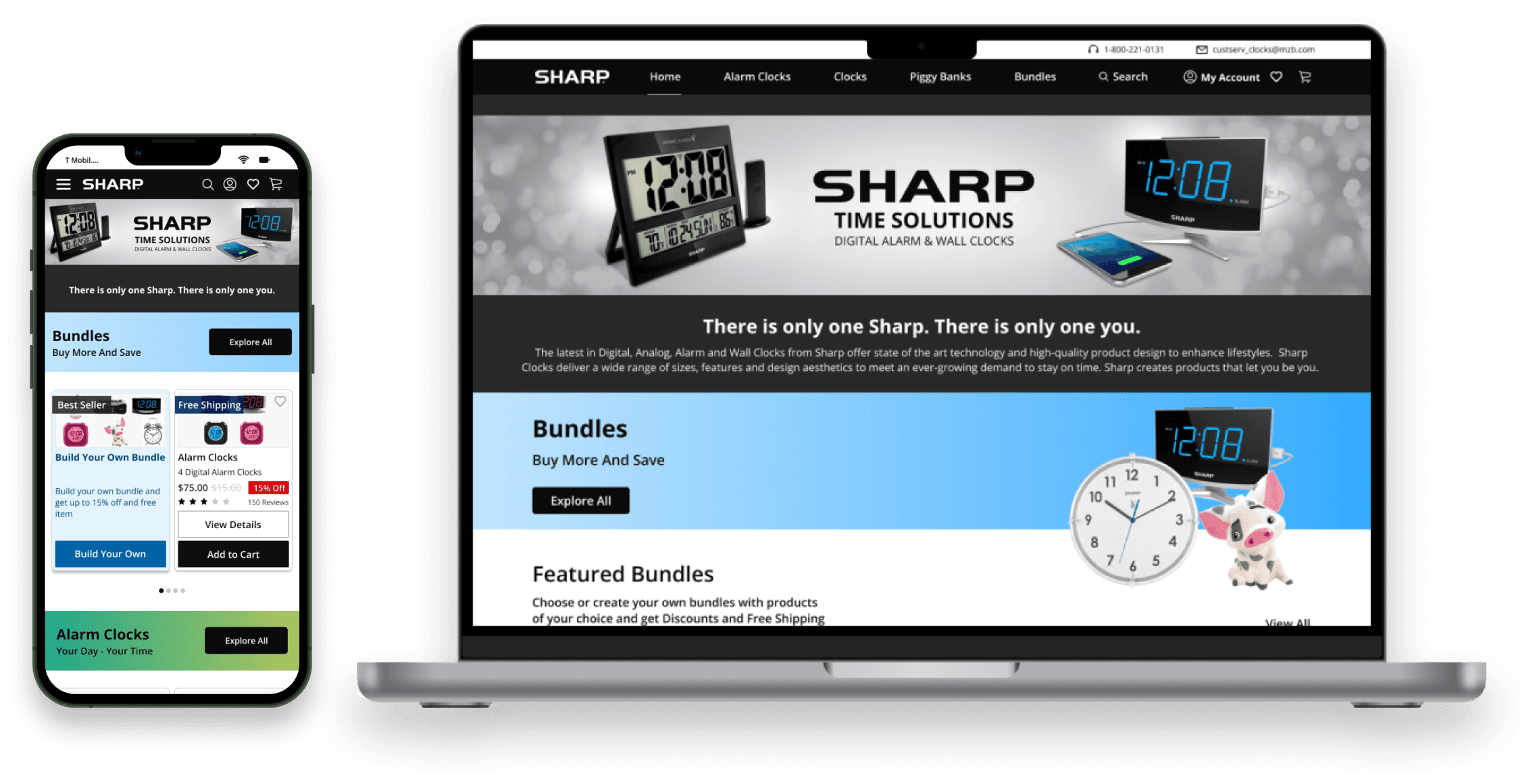Varmodel AI is a B2B platform that helps companies find and manage strategic partnerships. It features tailored landing pages and a marketplace to connect businesses with key partners and services, streamlining collaboration and accelerating growth.
Duration
6 Months
Role
Lead Product Designer
Project
B2B Partnership Platform
What I did
UX Design, UI Design, Secondary Research


*The projects showcased here provide a snapshot of my design contributions at this company, based on publicly available information. To respect confidentiality agreements, some details have been generalized or excluded. This portfolio aims to demonstrate my design skills and experience.
The Business
Varmodel AI is a B2B platform that helps companies find and manage strategic partnerships. It features tailored landing pages and a marketplace to connect businesses with key partners and services, streamlining collaboration and accelerating growth.
Goal
Solution for One Time Revenue
Other Projects
Academic Project
B2C
E-commerce

Sharp website redesign
Redesign of Sharp website by integrating e-commerce platforms, SAAS solutions and an innovation for better user experience

© 2024 Designed By Vishal Thakkar
What I did?
1. Introduced and Designed the Marketplace Feature
2. Provided a solution for one time revenue generation
Challenge 02 - One-Time Revenue Opportunity through a Marketplace
The Problem
Varmodel needed a way to generate one-time revenue while delivering value to its users. Although there was an opportunity to build a marketplace for discovering partnerships, the platform lacked a structured, monetizable approach. The challenge was to design a marketplace experience that balanced user needs with business objectives—facilitating meaningful connections while introducing paid features like featured posts and premium listings to drive revenue
Home Screen Before Redesign


Outcome Requirements for Marketplace
1. Add a Source of One Time Income

2.A Platform to Search Partnership Opportunities

My Process

1. Discovery and Analysis
After addressing the Home Screen, the next challenge was creating a new revenue stream while adding value for users. Stakeholders envisioned a Marketplace to connect Service Seekers with Service Providers, but the platform lacked a clear structure and monetization approach
Build a platform to facilitate partnership opportunities.
Feature listings with partnership types, descriptions, ratings, and images.
One Time Revenue from the marketplace

Discovery and Analysis
Defining the Target Users
At this stage, my goal was to uncover why bounce rates were high and engagement was low. To do this, I first needed clarity on two things: who the target users are and what actions the company wants them to take on the website. I gathered this information directly from the CEO to align user needs with business objectives

User Group 1: Service Seeker
Role: Startup founder, business leader, or individual seeking partnerships.
Goal: Find reliable, relevant service providers or partners to collaborate with.
Needs:
Clear, detailed listings with descriptions, ratings, and visuals
Easy way to search and evaluate potential partners
Contact options for quick follow-up
User Group 2: Service Provider
Role: Company representative or entrepreneur offering partnership opportunities.
Goal: Showcase services and offerings to attract potential partners.
Needs:
Simple, guided process to submit and manage listings.
Ability to include detailed descriptions, ratings, and media.
Opportunity to highlight listings through premium placement for better visibility.

Key Focus
Ability to search companies seeking for partnership opportunity
Filter companies and speciality types
Who are you seeking for partnership (Businesses or Service Providers)
Request A Quote

2. Strategic Redesign
Based on my analysis of the existing platform and insights gathered from stakeholder interviews, I initiated the marketplace redesign by identifying critical areas that required improvement. This strategic approach allowed me to focus on enhancing user engagement, creating monetizable features, and ensuring a seamless experience for users exploring partnership opportunities
Strategic Redesign Step 01
MoSCoW Analysis
To prioritize features for the Varmodel Marketplace, I conducted a MoSCoW analysis, categorizing functionalities into Must-Have, Should-Have, Could-Have, and Won’t-Have. This approach helped balance user needs with business goals, ensuring that the platform delivers essential value while enabling scalability and future enhancements

Strategic Redesign Step 02
Competitor Analysis
To better understand industry standards and identify opportunities for differentiation, I conducted a competitor analysis. This allowed me to evaluate how similar platforms approach partnership discovery, highlight strengths and gaps, and gather insights to inform strategic design decisions for the Varmodel Marketplace
Competitors
Strengths
Weakness
Opportunities for Varmodel
AngelList
PartnerStack
CoFoundersLab
Upwork/Fiverr
Large professional network, advanced filters, trusted platform
Startup-focused, connects founders, investors, and talent
Strong partner/affiliate management tools, scalable for large organizations
Helps entrepreneurs find co-founders, community-driven
Well-known marketplaces for services, easy categorization
Overcrowded, not partnership-focused, personalization requires premium
Geared toward investment/hiring, not partnerships
Complex, designed for enterprises, not small businesses
Narrow scope (mainly startups), limited monetization
Transactional, short-term gigs, not focused on long-term B2B partnerships
Offer a niche, AI-driven platform dedicated to partnerships with relevant recommendations
Focus exclusively on business partnerships between service providers and seekers
Provide accessibility for SMEs and individuals seeking partnerships
Broaden scope to include all B2B partnerships beyond just startups
Differentiate by enabling ongoing, strategic partnerships instead of freelance transactions
Strategic Redesign Step 03
Establishing the User Journey
I Began with creating a site map to visualize the ideal user journey. This step clarified the necessary information architecture and highlighted potential friction points.

Strategic Redesign Step 04
Sketching Possible Solutions
My first step was updating and expanding the incomplete design system. I refined the color scheme, added missing components and typography, and ensured future designers could maintain consistency with ease.
Final Outcome Marketplace Design
The final design delivers an intuitive marketplace where users can discover partnerships, while businesses gain visibility through AI-driven recommendations and premium listing options



